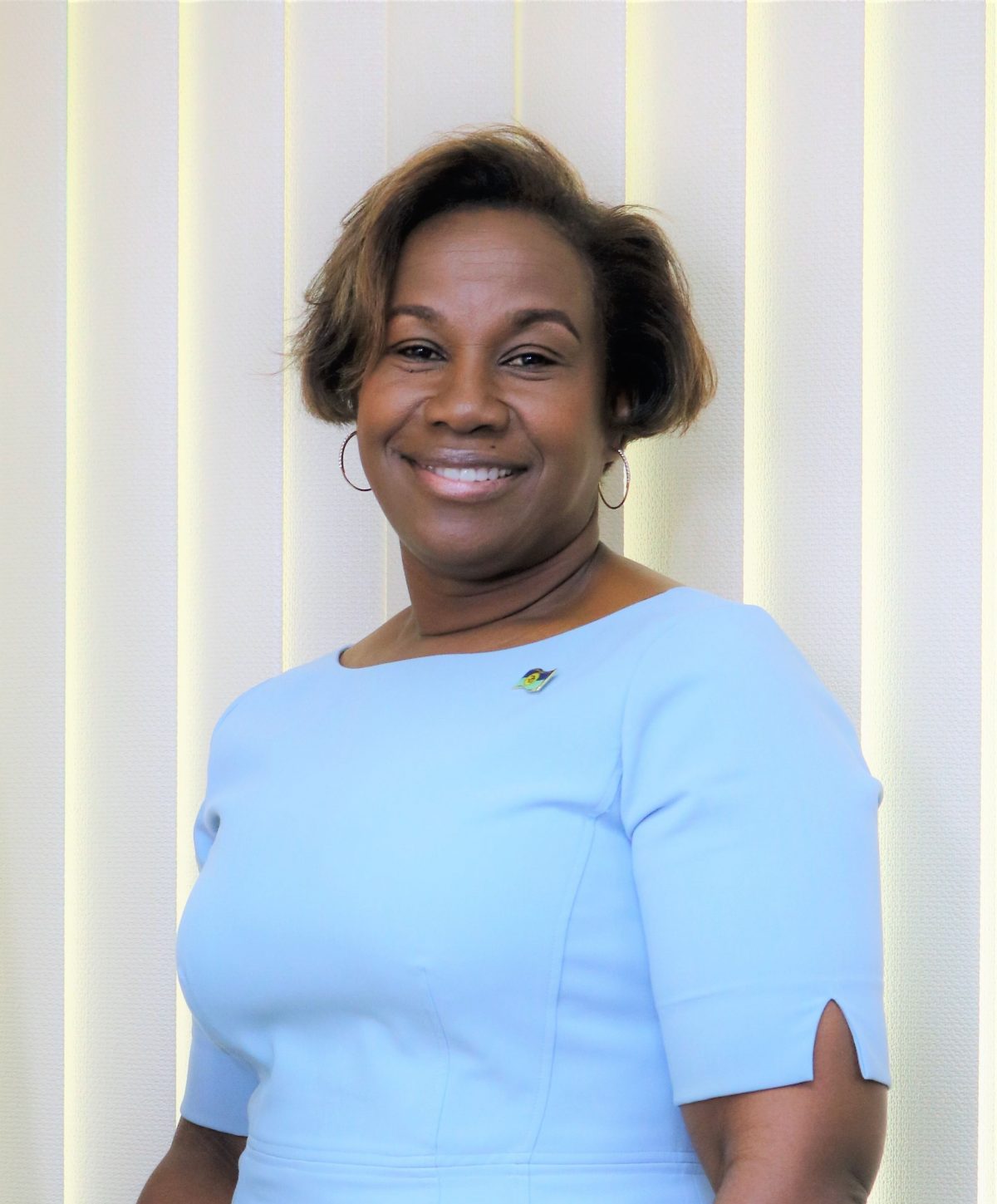The CARICOM Secretariat has produced a compendium of information that will help organisations tackle violence against women and girls and a training workshop is set for Georgetown today on its effective use.
In a statement yesterday, the Secretariat said it has produced its first Compendium of Model Knowledge, Attitudes and Practice (KAP) Tool for the Region on Social Gender Norms and Violence against Women and Girls. The Secretariat’s Gender and Development Programme constructed the Tool in May 2023 in partnership with the United Nations Children’s Fund (UNICEF) under the Regional Spotlight Initiative Caribbean Programme.
The statement said that the KAP Tool is a survey with pre-determined questions formatted in standardised questionnaires that provides access to quantitative and qualitative information. Designed to support regional organisations working with women, girls and other vulnerable populations facing violence, the tool enables the capturing of authentic voices of persons experiencing violence with the aim of using the data to identify trends which will inform recommendations for curbing violence.
According to Ann-Marie Williams, Deputy Programme Manager, Human and Social Development – Gender Development, CARICOM Secretariat, during the development of the CARICOM Model Tool surveys, focus group discussions and testing were done as part of the consultative process in Antigua and Barbuda, Barbados, Belize, Guyana, Jamaica, Saint Lucia and Trinidad and Tobago. The participants included heads of the National Gender Machineries, civil society organisations, academia, feminist groups and vulnerable groups who mainly work in Violence against women and girls.
To ensure that the tool will not be shelved, a two-day Training of Trainers Workshop is being organised at the Secretariat in Georgetown, Guyana on 29-30 June 2023 to equip citizens of the Region with the skills to utilize the tool effectively, Williams said.
The statement said that the CARICOM Tool is a positive step towards finding solutions to the consistent rise of violence against women and girls in the Region.
“Our goal is to provide organisations providing services to vulnerable persons, especially civil society, with an effective method of capturing the lived experiences of women and girls dealing with violence,” stated Williams, “these experiences will help us to paint a vivid picture of what is happening in the homes in which violence is perpetuated. The overarching goal is to create a roadmap for reducing violence against women and girls region-wide”.









